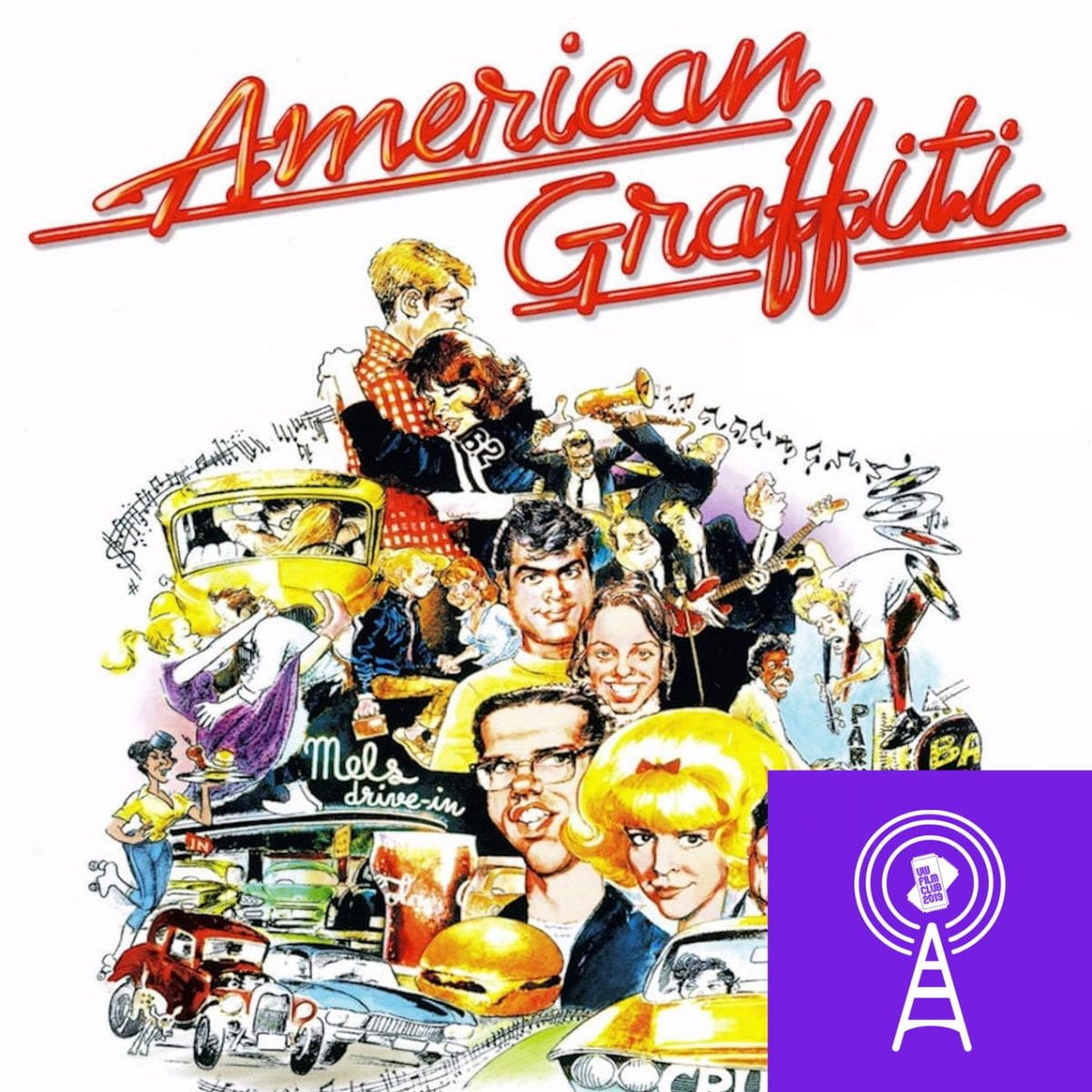We are well deep into the franchise wars. Of all the major studios, Universal seems to be the only one that can produce a billion dollar film that can match Disney. Though their success is limited to three franchises: the Fast and the Furious, Despicable Me, and Jurassic Park. With the collapse of their ‘Dark Universe’ and the high likelihood that they get bid out by Disney for FOX, the studio is banking on Jurassic World: Fallen Kingdom more than ever. When director J.A. Bayona stepped in, there was a shimmer of hope for the project, but unfortunately, it fits right in with all the other amateurish blockbusters we see all too often.
Set after the events of the first Jurassic World, Fallen Kingdom sees society deciding what to do with the remaining dinosaurs on Isla Nublar. When the government ultimately decides to let nature take its course with a volcanic eruption, a private company decides to take action and save the dinosaurs themselves. They enlist the help of Owen Grady (Chris Pratt) and Claire Dearing (Bryce Dallas Howard) to gain access to the island and track the illusive raptor, Blue. However, once on the island, all hell breaks loose as the eruption starts, and they soon realize that extinction might be the least of their concerns.

There is nothing particularly wrong with the direction or pacing of the film, but the script is quite baffling. Derek Connolly and Colin Trevorrow (yes, the same man who wrote The Book of Henry, got removed from Star Wars 9 because of it, and is now slated to direct Jurassic World 3 — I WANT TO DIE) wrote this script and produced nothing short of a head scratcher. The first half is an action adventure film where Owen, Claire, and the cohort of paramilitary troops try to prevent dinosaur extinction, and the second half is a horror action film that relegates itself to a mansion in Northern California. One we are familiar with, and the other is reminiscent of The Lost World’s San Diego set piece, though this time it is more limited and narrowly located.
While the film feels pretty evenly split, the first half is a head above the second, which seemingly saved most of its eyebrow-raising moments for the end. Revelations in particular draw the most ire as require a certain amount of suspended disbelief in order to settle with audiences, and the nature of the second half calls into question, “What connotes a Jurassic Park film?” To question the franchise itself isn’t inherently a bad change, but it can be hard to grapple with, and I’m not sure I one hundred percent agree with the take or direction.

Then there are the political undertones which are under baked and serve as a means of justifying film’s events. Near the start, politicians debate whether to take action and save the dinosaurs, but decide not to, causing a private company to take action. Making overt allusions to political inaction, this scene acts as a catalyst for character motivation, but it barely rears its thematic head during the film’s length and only pops back up in a closing monolog. If the first Jurassic Park is about man’s ignorance, The Lost World about domestication, and Jurassic World about unchecked corporations, then this film aims to be about the negative effects of political indolence, but again, you wouldn’t know until the film bookended itself with Jeff Goldblum monologues.
This doesn’t seem to be any fault of J.A. Bayona, but rather a sourced problem of the industrialized script. The film’s ending acts on this underdeveloped notion of political inaction, but the result is quite underwhelming and it really makes you question the industry’s incessant need for sequels. You can only go back to Jurassic Park so many times before you tread the same ideas, so it makes sense to end the film in this way so you can evolve the franchise, but you can’t help but feel cheated on the premise they are selling you, as if the actions by characters can’t justify the the political and thematic undertones they are trying to convey.
Then again, this is dinosaur movie, and while I felt wronged by the film’s script, seeing dinosaurs duke it out made for some low brow entertainment, if only passively. The long promised extinction that has populated the film’s marketing is every bit as grand as you would expect, and the second half with the ‘Indoraptor’ is kinda cool, I guess, but you have to look past the script to find any enjoyment. There is undoubtably some submissive value to it, but beyond that, you’ll be hard pressed to find anything worth a second viewing.
Score: 2.25/5 Stars











